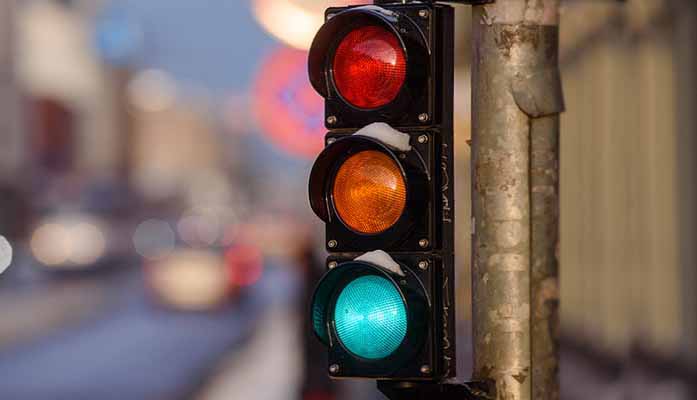
Maricopa County Transportation Tax Advances to House Floor
By Corinne Murdock |
The House Transportation Committee approved SB1356, legislation to give Maricopa County residents a vote for or against a transportation tax and excise tax plan. The committee passed with bipartisan support, with the exception of three: State Representatives Neal Carter (R-Queen Creek), Kevin Payne (R-Peoria), and Leo Biasucci (R-Lake Havasu City).Two didn’t vote either way: State Representatives Brenda Barton (R-Payson) and David Cook (R-Globe).
Arizona Free Enterprise Club Vice President Aimee Yentes expressed opposition to the bill, noting that 40 percent of the money was allocated for public transit. Yentes explained that the 1985 transportation tax plan was successful because it built freeways, but that over the decades the plan shifted from essential infrastructure like roads and freeways to “transit,” despite a steep, increasing decline in its use. That number sits at half a percent currently.
“As we’ve seen post-COVID, that ridership number has fallen off a cliff. There are actually more people who don’t own a vehicle that take a car to work than actually use public transit. That’s kind of astonishing,” said Yentes.
Yentes also noted that the bill sets aside funding for something already covered by statute: “regional programs.” She said the definition of that term was problematic because it doesn’t distinguish street intersection improvements but, rather, “arterial roads and regional programs.”
“It really is a catch-all that can be used to siphon off local city slush funds for whatever: complete streets, air quality,” said Yentes.
The bill sponsor, State Senator Tyler Pace (R-Mesa) said that the bill’s rejection, either by the legislature or by Maricopa County voters, would necessitate the Arizona legislature to find the funds for transportation projects themselves. Pace insisted that the committee members shouldn’t nitpick at the provisions of the bill because the greater good concerned Arizona’s legacy of quiet, fast roads superior to those of other states.
State Representative Richard Andrade (D-Glendale) compared SB1356 to previous efforts to expand and extend the state’s two major highways: Loop 101 and the I-17. Andrade argued that creating more public transit like light rails would increase their use.
Those in opposition explained that they weren’t confident this bill would actually meet transportation needs. Carter said that he supported infrastructure, but said that the legislation had room for improvement. Carter said his reservations included provisions for expenditures related to air quality, and the expansion beyond a 20-year authorization.
Payne expressed displeasure that legislators impacted by the bill weren’t included in stakeholder meetings. He explained that his constituents were requesting another bus route down Bell Road, for example, and that he couldn’t vote for the bill in good conscience because of that.
Echoing Carter and Payne’s statements in his “no” vote was Biasucci. Biasucci argued that the legislature should utilize its $4 billion in surplus instead of passing the costs on to taxpayers.
“I think this is, really, how it needs to be done: the money should come from the general fund to be spent on major projects, I’m talking billions of dollars’ worth, in my opinion. For me, when we’re sitting on this huge surplus, it’s hard for me to say, ‘Yes, I agree with a tax increase or an extension,’” said Biasucci.
Corinne Murdock is a reporter for AZ Free News. Follow her latest on Twitter, or email tips to corinne@azfreenews.com.
